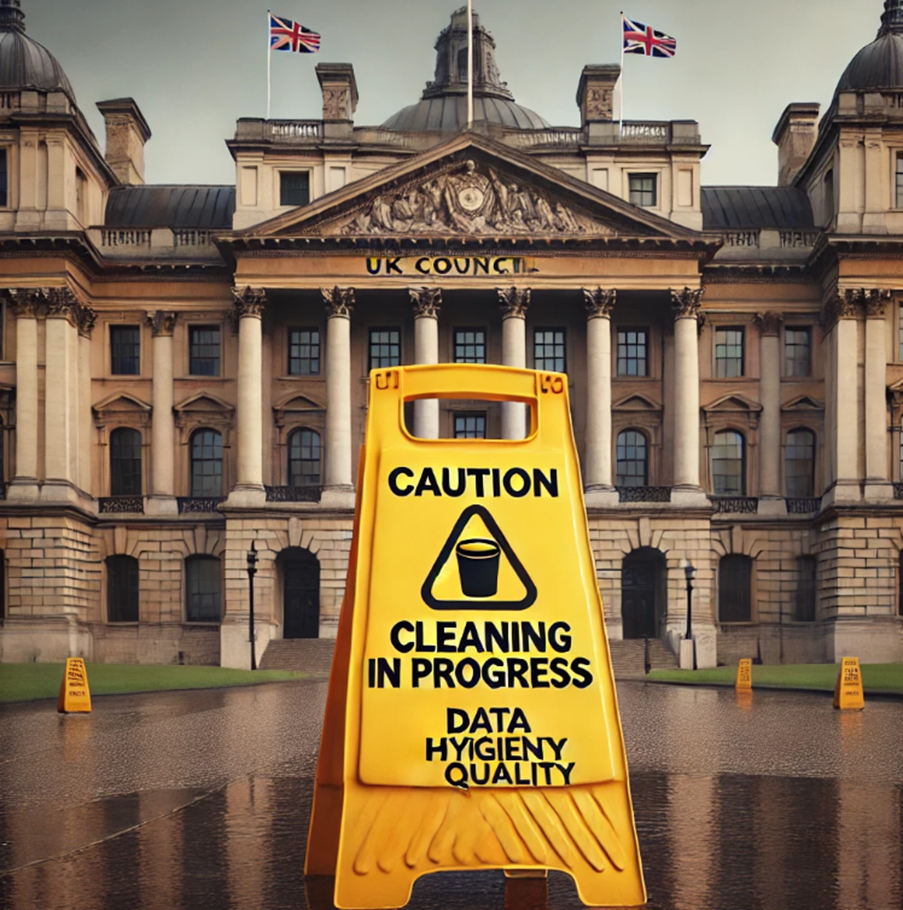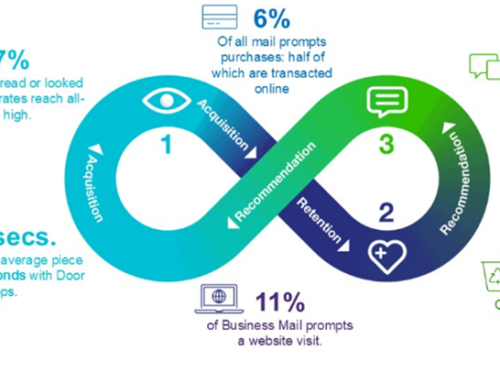The UK government has unveiled an ambitious plan to harness artificial intelligence (AI) as a catalyst for national renewal, aiming to revolutionise public services and boost economic growth. However, a critical component of the success of this initiative will be the emphasis placed on data quality and hygiene, which serve as the foundation for effective AI implementation.
The Importance of Data Quality and Hygiene in AI
High-quality, well-maintained data is essential for training AI models to ensure accurate, reliable, and unbiased outcomes. Data hygiene, which involves the ongoing process of cleaning, verifying, and maintaining data integrity, is equally vital. As Edwina Dunn recently highlighted in an article for Decision Marketing, many organisations fail at AI due to “shoddy data”, a challenge that poses significant risks for both private and public sector entities. Flawed or incomplete datasets can derail AI projects, resulting in poor decision-making, inefficiencies, and ultimately, reputational damage.
Research further underscores this concern, showing that poor data hygiene can cost businesses up to 30% of their revenue annually due to inefficiencies and errors in decision-making. In the public sector, where trust and accountability are paramount, the stakes are even higher.
Key dimensions of data quality and hygiene include:
- Accuracy: Data must reflect real-world values and be free from errors.
- Completeness: All necessary data should be included.
- Consistency: Uniform formatting and definitions must be maintained across datasets.
- Timeliness: Data should be updated regularly to ensure relevance.
- Validation and Cleaning: Duplicate, outdated, and incorrect records must be identified and removed.
Government Initiatives and Public Sector Challenges
The government’s plan includes making high-quality, well-maintained data from public institutions accessible for AI research and innovation. This approach aims to drive advancements in public services, ensuring that AI systems are trained on comprehensive and representative datasets.
Whilst Edwina’s warning centred around retail businesses, it should ring alarm bells for the public sector too. She emphasises that “the potential of AI will not be realised if organisations continue to underestimate the foundational role of data hygiene.” This sentiment is echoed by the findings of our recent research conducted through a Freedom of Information request, which revealed concerning statistics about councils’ approach to data hygiene:
- 12% of councils admitted to not keeping their data up to date, lacking processes to clean or delete data.
- 20% of councils had vague processes in place without specifics on regularity or methodology.
- Over a quarter updated their information only when notified by a constituent.
These figures suggest a worrying disconnect between the government’s ambitious AI vision and the current state of data practices within many public sector organisations.
Why the Public Sector Must Act Now
The UK government’s blueprint to turbocharge AI underscores the pivotal role of both data quality and hygiene in realising AI’s potential. Without consistent and proactive data hygiene practices across public sector organisations, the effectiveness of AI strategies could be significantly compromised.
Edwina’s perspective further reinforces the urgency for action: “AI is only as good as the data it’s fed, and currently, much of that data is unfit for purpose.” Addressing this issue requires a systematic, organisation-wide commitment to data integrity and regular audits to ensure readiness for AI deployment.
The stakes are high, but the rewards are substantial. By prioritising data hygiene, the public sector can unlock the transformative potential of AI to deliver better services, improve efficiency, and drive innovation.
For information about how we can aid data hygiene practices across the public and private sectors, get in touch!





